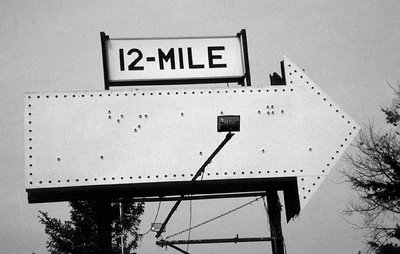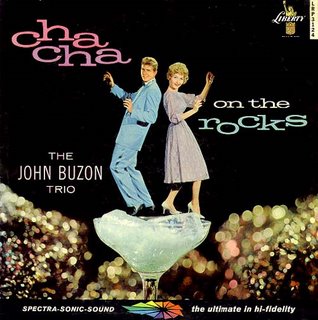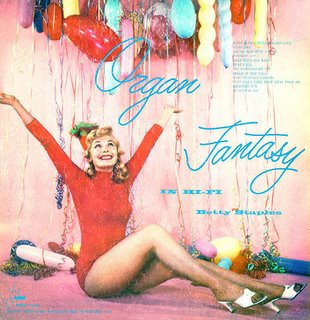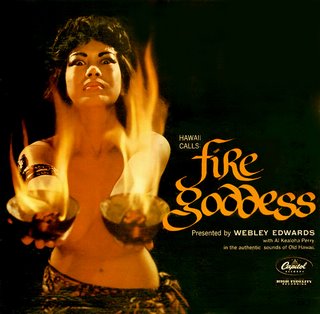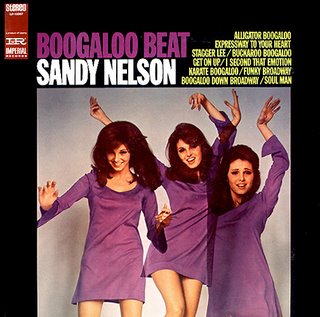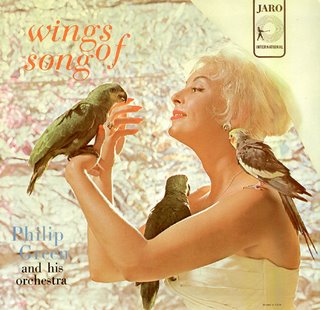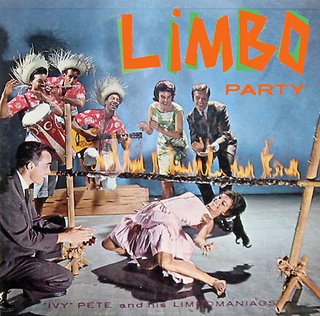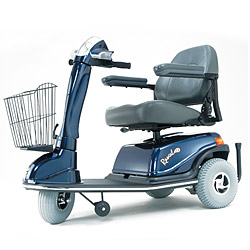girlz n the hood
Had the graffiti been more attractive I might have embraced it as a goodwill gesture from budding young neighborhood artists. I could totally live with something along the lines of this:

But it was a basic black spray-painted gang tag of the sort that repeatedly shows up on our fence and gets painted over by Operation Clean Sweep, a graffiti-removal service offered free through the Los Angeles Board of Public Works.
“OCS challenges residents to become part of the solution and play a major role in the maintenance of their neighborhoods!”
I accept their challenge! And I accept their help, because painting my own fence every time it gets tagged would utterly exhaust me. Hell, I’m too exhausted to do much of anything these days, so it’s my partner who regularly calls the city regarding matters of illegal dumping and graffiti.
Speaking of illegal dumping, we’ve had two whole other abandoned-sofa incidents that I haven’t even mentioned since the storied couch of yore. One of them spawned a computer monitor, a carton full of containers of used motor oil, and a trash bag too skanky to get near enough to reveal its contents here. My partner called to report the first of these dumped sofas so soon after the removal of the storied couch of yore that the city employee to whom she spoke thought she must be re-reporting the same sofa and fussed at her for being impatient. Nope, we’re just that lousy with soiled sofas.
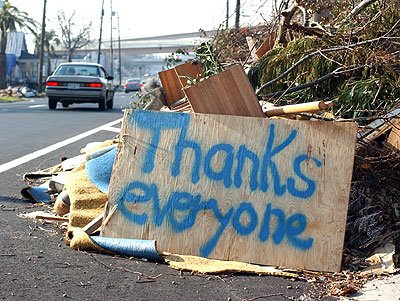
We were naïve new homeowners the first time our fence got tagged. Our inaugural blush of rage toward this bald act of vandalism invoked every cliché ever uttered by our parents: The nerve of kids thinking they can claim our house as their turf! Just who do they think pays the mortgage around here? They should put all that destructive energy into earning a paycheck—then maybe they’d have more respect for private property! I guess we just can’t have nice things.
When OCS came to remove that first tag they asked what color we would like the fence to be, which confused me: It was a natural wood fence; I wanted it to be natural, like it was before the mean boys came around. I’m not sure what kind of fairy dust I expected them to sprinkle over the graffiti to lift it cleanly from the fence, but I was quickly made aware of my choices: white or brown. It didn’t occur to me at the time that painting it white would make it just about the most inviting canvas in all of gangland Los Angeles. So white it was, and white it’s been ever since.
The fence is one thing, but our garage door getting tagged is a whole new sack of potatoes. The garage is so integral to the look of the house—what Realtors would call our “curb appeal”—the tag may as well be on our front door, which stirs up a whole kettle of neuroses in me. For months after we moved in I dreaded coming home, so certain was I that it was just a matter of time before I would find “LESBIANS GET OUT” painted in giant letters across the front of our house. In fact, when I pulled up Monday night and saw that our garage had been defaced I scrutinized the nonsensical letters to rule out any coded meaning.
Before this incident we already had a tag on the fence, which had been tagged over, then tagged over again. So OCS had been summoned, but they wouldn’t be able to paint our garage being that it’s those two shades of green I mentioned. Also, not to impugn their services, but the OCS crew is all about efficiency, so if there’s a little dirt or grass in the way, well, that gets painted right onto the fence. So even if they had color-match technology, I’m not sure I’d want them painting my garage.
I wasn’t so sure I wanted my partner painting the garage either. At night. In the rain. But when I arrived home at 7 the second thing I saw, right after the big ugly tag on the garage door, was an open paint can in the middle of the garage. In a rehearsed tone meant to convey that I didn’t mean to question her judgment or be controlling in any way, I mentioned that a storm was coming in within a matter of hours and suggested that we might want to put off painting until everything dried out again. She responded, rightfully so, that tags beget tags—exhibit A being the current state of the fence—and that to leave the graffiti is to invite more. So paint the garage she did. At night. Just as the storm came rolling in. We’re pretty sure we’re going to have to repaint it once everything dries out, but in the meantime, with any luck, our driveway won’t play host to a turf war.

